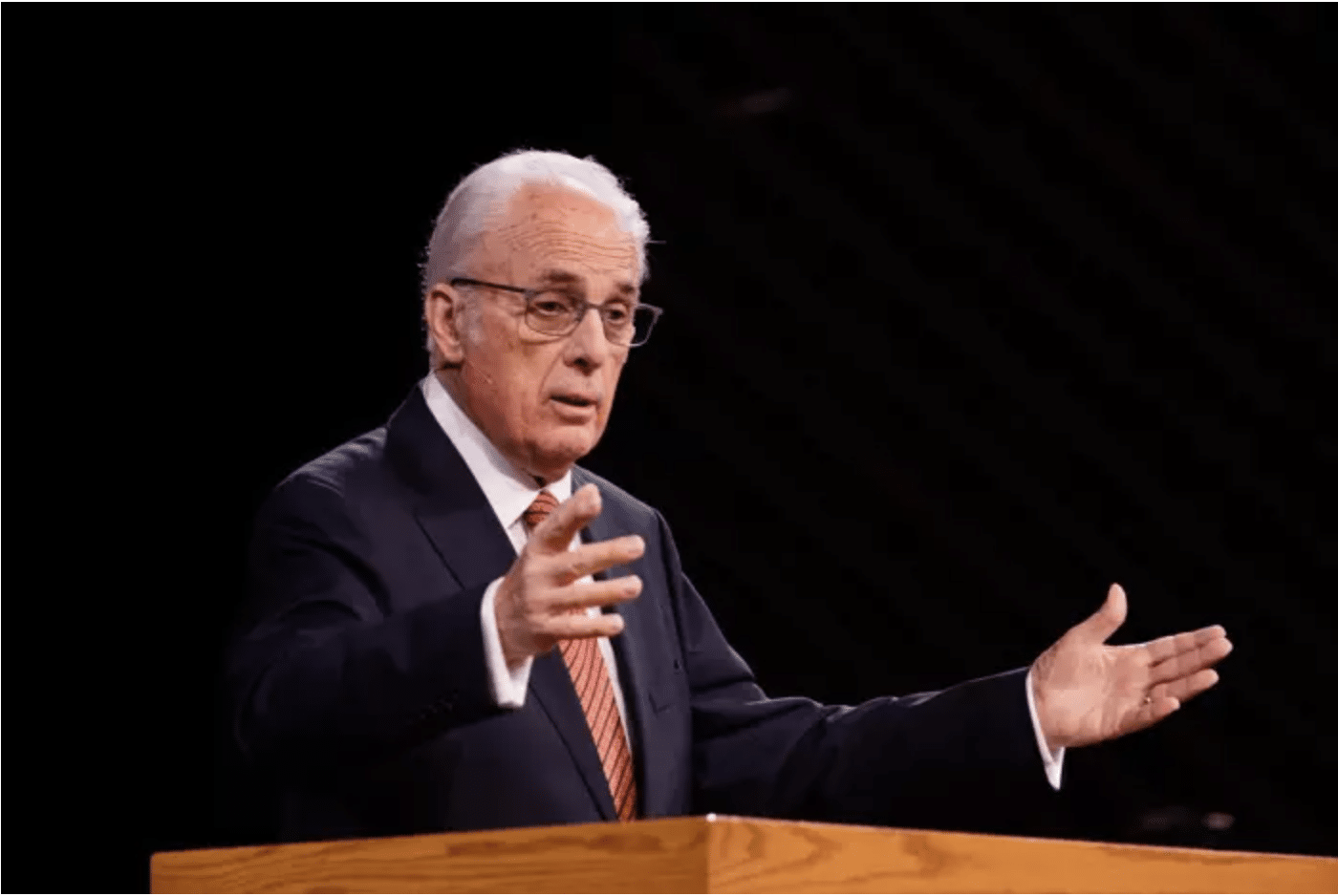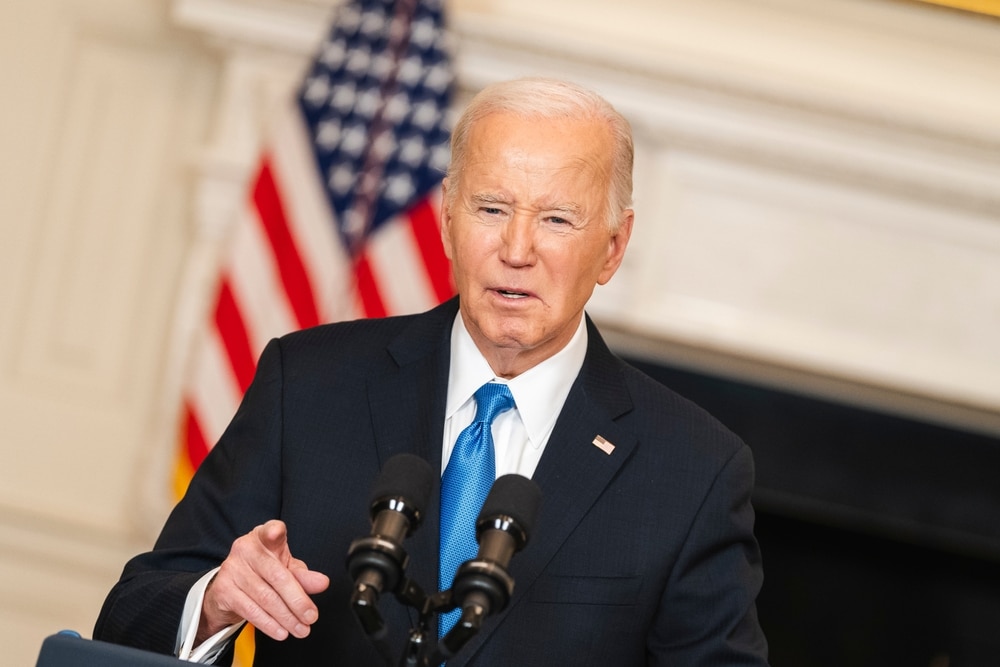(OPINION) Japan’s largest telecommunications company and the country’s biggest newspaper called for speedy legislation to restrain generative artificial intelligence, saying democracy and social order could collapse if AI is left unchecked.
Nippon Telegraph and Telephone, or NTT, and Yomiuri Shimbun Group Holdings proposed in an AI manifesto to be released Monday. Combined with a law passed in March by the European Parliament restricting some uses of AI, the manifesto points to rising concern among American allies about the AI programs U.S.-based companies have been at the forefront of developing.
While pointing to the potential benefits of generative AI in improving productivity, the Japanese companies’ manifesto took a generally skeptical view of the technology.
Without specifics, it said AI tools have already begun to damage human dignity because they are sometimes designed to seize users’ attention without regard to morals or accuracy.
Unless AI is restrained, “in the worst-case scenario, democracy and social order could collapse, resulting in wars,” the manifesto said.
It said Japan should take immediate measures in response, including laws to protect elections and national security from the abuse of generative AI.
A global push is underway to regulate AI, with the European Union at the forefront. The EU’s new law calls on makers of the most powerful AI models to put them through safety evaluations and notify regulators of serious incidents. It also is set to ban the use of emotion-recognition AI in schools and workplaces.
The Biden administration is also stepping up oversight, invoking emergency federal powers last October to compel major AI companies to notify the government when developing systems that pose a serious risk to national security. The U.S., U.K., and Japan have each set up government-led AI safety institutes to help develop AI guidelines.
Still, governments of democratic nations are struggling to figure out how to regulate AI-powered speech, such as social media activity, given constitutional and other protections for free speech.
NTT and Yomiuri said their manifesto was motivated by concern over public discourse. The two companies are among Japan’s most influential in policy. The government still owns about one-third of NTT, formerly the state-controlled phone monopoly.
According to industry figures, Yomiuri Shimbun, which has a morning circulation of about six million copies, is Japan’s most widely-read newspaper.
Under the late Prime Minister Shinzo Abe and his successors, the newspaper’s conservative editorial line has been influential in pushing the ruling Liberal Democratic Party to expand military spending and deepen the nation’s alliance with the U.S.


















